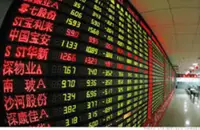BEIJING (Global Times): Despite mounting political pressure, dozens of scientists recently published an open letter on international media journal The Lancet.
In the letter they urged that science, not speculation, is essential to determine how the virus that triggered the Covid-19 pandemic reached humans, reiterating that the virus most likely originated in nature and not in a laboratory and they refuted the US-led "lab-leak" theory that put some prominent epidemiologists into a difficult situation.





